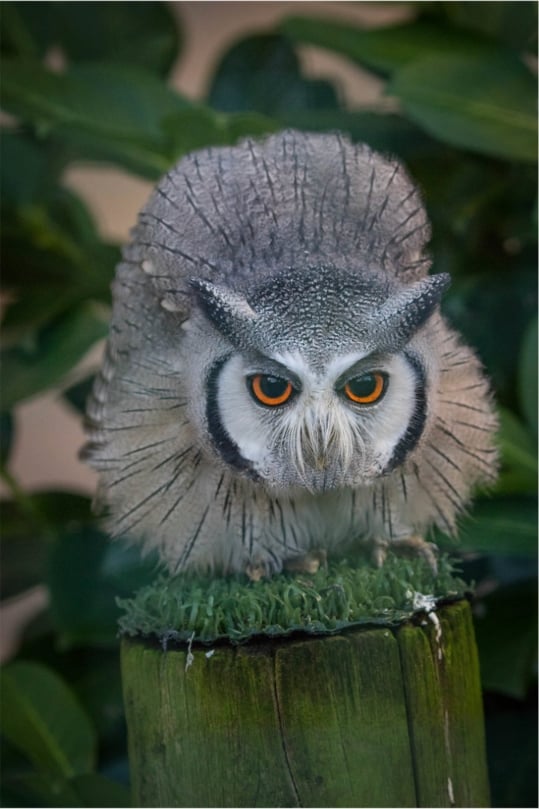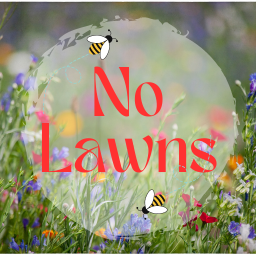

I have no English sources for you, but with some translation app you can probably still check them out. One article that I used is not available online unfortunately.
The Owl Camera(they have other owls and other birds too, as well as some interesting articles. The site is only in Dutch unfortunately).
[Article by NOS](Oehoe bezig aan opmars: ‘Mogelijk al boven de honderd’ - https://nos.nl/l/2519607), the public broadcasting service. From this article is the ringing video that I talked about in the post.
This German Site which has some numbers about the Eurasian Eagle Owl in Germany. They also have This article that talks about how the Eurasian Eagle Owl was perceived in the past in Germany. It is really interesting, so definitely check it out! They have some more articles that are very interesting too.
Also some random linguistic facts: The Eurasian Eagle Owl is called Oehoe in Dutch and Uhu in German; both pronounced as “oo-hoo”. This is the only Dutch owl name that doesn’t end in owl; it is also an onomatopeia.







Glad you liked it!
About the ecology, I can’t point to anything particular that makes them thrive now. Something interesting that I left out of the post which I read in the article that wasn’t available online, was that the owls eat different food in the Netherlands than in Germany. In Germany there are a lot of rodents, but in the Netherlands the rodents populations are smaller because of very intensive agriculture. Because of this, the Dutch owls eat more other species (they unfortunately did not specify what those species were).
One trend that is visible in nature in Western Europe is that smaller fauna are struggling, but larger species are doing really well. In the Netherlands we have seen reintroductions of not only the Eagle Owl, but also the white-tailed Eagle, the beaver, the otter and the wolf (and maybe the lynx too in the near future). On top of that we have seen big population increases of cranes, geese, deer and probably some more that I don’t know about. This is mostly because of conservation efforts and hunting being banned.
And I didn’t know that about the Kattenstoet, sounds very interesting!